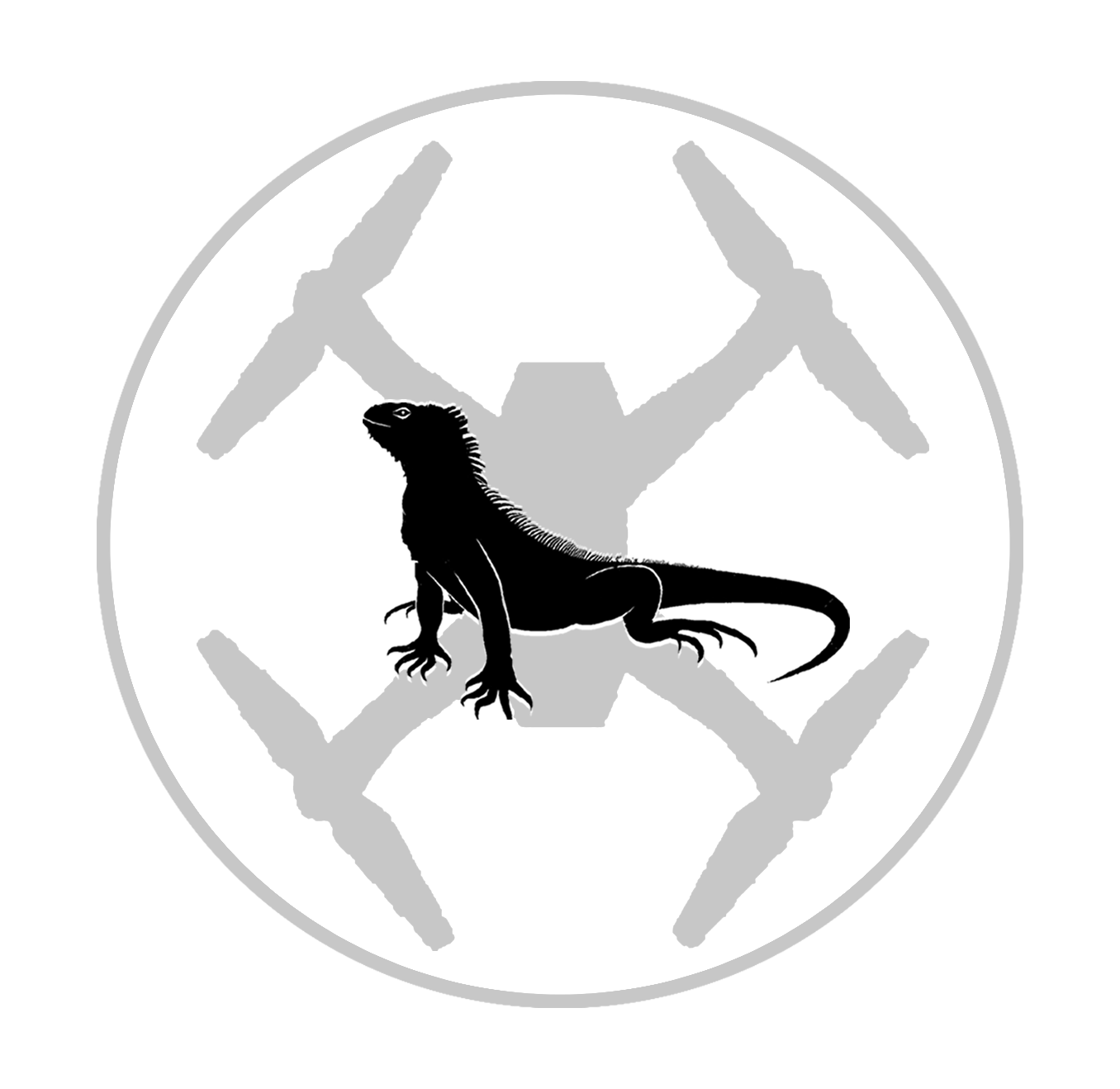Update May 2024: Student Projects at Uni Leipzig
We require help with processing and analysing our datasets. This work will be computer-based, with options for remote working. We are seeking self-motivated, curious, and reliable BSc or MSc students and in return we provide an introduction to — and training in — several important new approaches within the field of Biodiversity Conservation. Further details on the PDF below:
We’re a small team of conservation innovators based at the University of Leipzig in Germany and at the Universidad San Francisco de Quito. Find out more here.
Dr. Amy MacLeod

Amy is the leader and creator of this project. Whilst undertaking a PhD on the Ecology, Evolution and Conservation of the Marine Iguana, Amy learned first-hand about the challenges of fieldwork in the Galápagos. Now a world-authority on the Marine Iguana, Amy is a member of the IUCN Iguana Specialist Group and continues to advise and publish regularly on the topic of Marine Iguana Conservation, both academically and for a wider audience.
Andrea Varela MSc

Andrea is an Ecuadorian Biologist with a passion for conservation and herpetology. She is an early-career researcher with experience in the study and discovery of new species of amphibians in her country. Andrea flew the drones for our pilot project and loved it. She is also analyzing the images and counting the iguanas. This project will make up part of her PhD work and she will be responsible for most of the fieldwork.
Professor Sebastian Steinfartz

Sebastian has decades of experience in research and has worked extensively on the ecology and evolution of the marine iguana. He now heads the department of Molecular Evolution and Systematics of Animals at the University of Leipzig in Germany. Sebastian advises and oversees this project alongside his many other projects on herpetological topics.
Dr Gonzalo Rivas-Torres

Gonzalo is an Ecuadorian researcher who specializes in using drones for studies on the Galápagos Islands and in the Amazon region. He is also a full-time professor in the plant Ecology lab at the Universidad San Francisco de Quito. Gonzalo trained our team in flying the drones safely and effectively for our pilot work, offered insights into analysing the images, and helps us maintain a good working relationship with the local Galápagos community.
